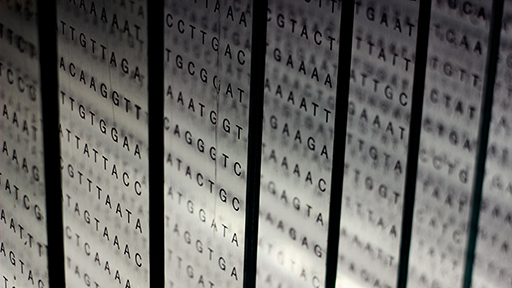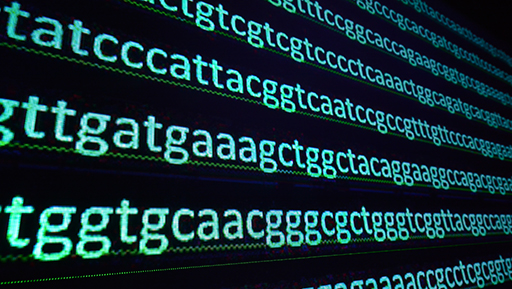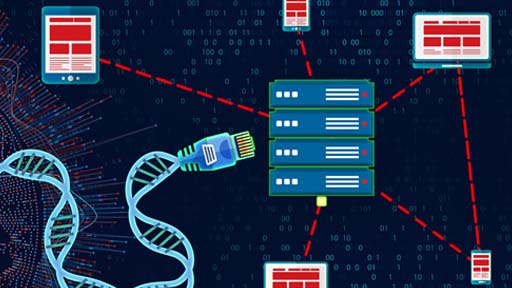Genomic Data Sharing Policy
Broad data sharing promotes maximum public benefit from federally funded genomics research. NHGRI supports the broadest appropriate genomic data sharing with timely data release through widely accessible data repositories. These repositories may be open access (unrestricted) or, if more appropriate, controlled access.
NHGRI GDS Policy Information & Resources

Key Documents
- Data Submission Process for Extramural Investigators
- Data Submission Process for Intramural Investigators *
- NHGRI Extramural Genomic Data Sharing Plan (GDSP) Template
- NHGRI Intramural Genomic Data Sharing Plan (GDSP) Template *
- Institutional Certifications
- NHGRI Request for an Alternative Data Sharing Plan
*Requires NIH Login

NIH GDS Policy Resources
NHGRI supports and complies with all NIH data sharing policies. NHGRI provides information about its expectations for implementation of the NIH Genomic Data Sharing (GDS) Policy and provides links to additional informational resources below.
Background Information
Contacts
For Specific Data Sharing Policy Questions:

Barbara Thomas, Ph.D.
- NHGRI Data Access Committee (DAC) Chair
- Scientific Review Branch

Sharna Tingle, M.P.H.
- Genomic Program Administrator
- National Human Genome Research Institute
For Policy Questions:

Elena M. Ghanaim, M.A.
- Policy Advisor for Data Science and Sharing
- Office of Genomic Data Science
Last updated: April 5, 2022






